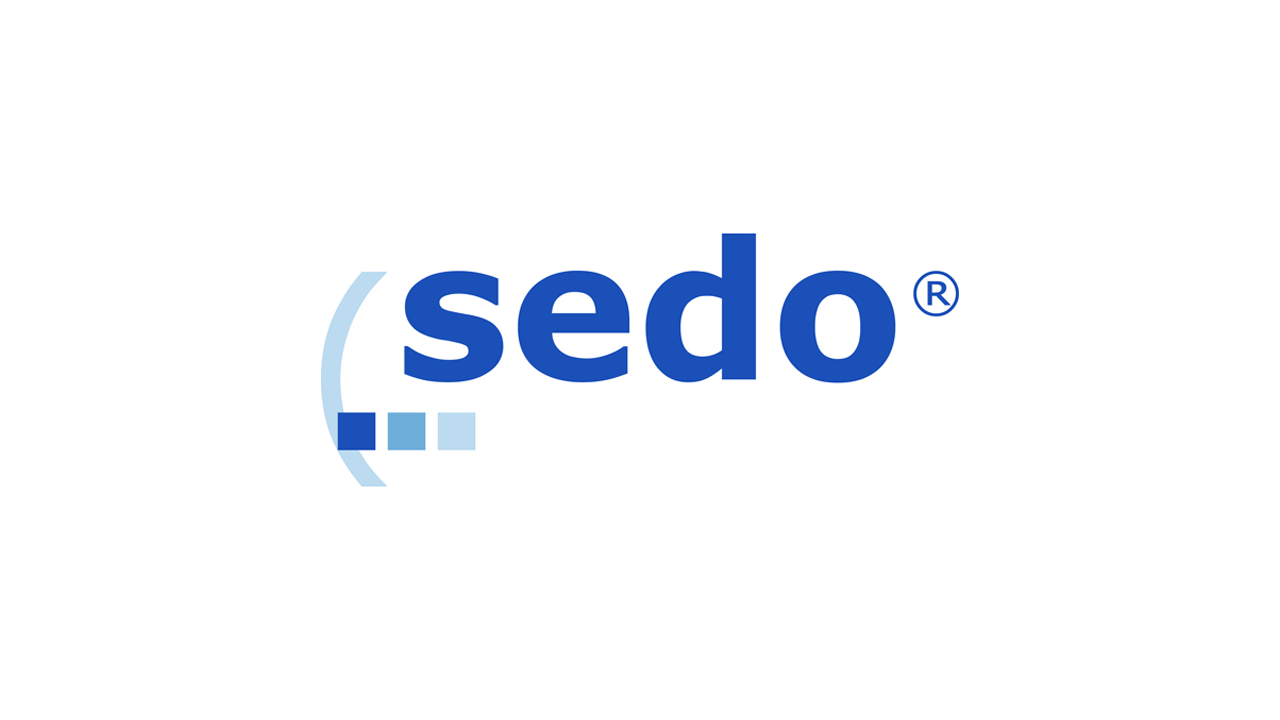The web is currently dominated by a few domain extensions like.com, .co.UK, .org, etc., but this scenario may not exist in the nearest future. With the introduction of new top-level domain extensions by ICANN, the future of the internet is gradually being re-defined.
The roll-out of the new top-level domains (TLD) was memorable as each TLD was sold for $185,000 to interested companies, but those that were heavily competed for were auctioned and there were TLDs that sold for as high as $25M. For example, .buy was purchased by Amazon for $4.6M, .xyz was bought by Entrepreneur Daniel Negari for $6.4M while the ‘almighty’ Google bought .app for $25M. Some of the other new TLDs rolled-out by ICANN were .band, .club, .photography, .bank, .church, .agency, just to mention a few. The companies that bought these TLDs were given the mandate to sell the domain extensions to registrars who will then re-sell to the public. However, some TLDs are kept by their owners and not sold to the public, for example, Google is keeping .Google extension and not selling it to the public.
Consequently, your choice of a domain name should take into cognizance the new TLDs. In fact, since majority of juiciest.com names have been taken, resorting to these new extensions is not a bad idea. For example, if your keyword to register is ‘car club’ and you discover that ‘carclub.com’ has been taken, you can go for ‘car.club’ which is even smoother in pronunciation. Nothing can be more frustrating than carrying out the tedious keyword research and eventually coming up with a name to register as a domain but to discover that it has been taken or that a speculator has registered it and wants to sell it for a 4, 5 or even 6-figure amount. Switching to the new TLDs will solve this problem and open up the internet the way it has never happened before.
Moreover, your choice registrar will determine your ability to get it right in domain name registration. The registrar you want to deal with must have an array of new extensions because the world is gradually moving away from the .com (which currently accounts for ¾ of the present domain names in the world), the .org, the .gov, etc., to the .club, .coffee, .clothing, .lawyer, .site, .web and of course, .sucks. The domain name industry is moving away from a generic pattern to a more defined one, hence, a competent registrar must be able to prove that it has the capacity for this new order. If you remember the transformation in the television industry whereby T.V stations that were used to general productions changed into content-based stations and each station is now focusing on a particular area of interest, e.g., sports, news, movies, etc. This type of transformation is about to take place on the World Wide Web and if your online plan is not in line with this, you really need to modify it.























